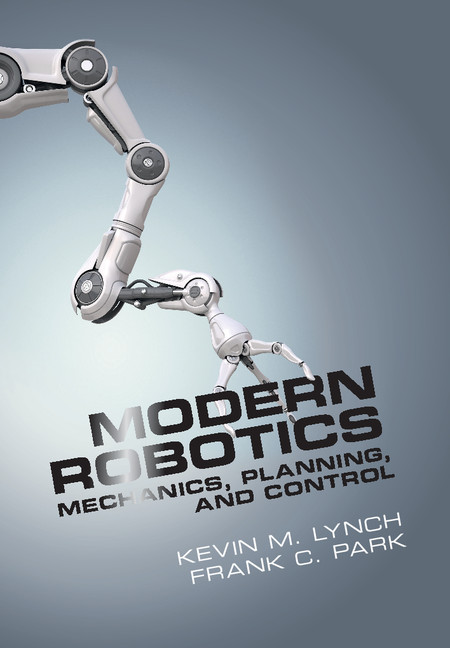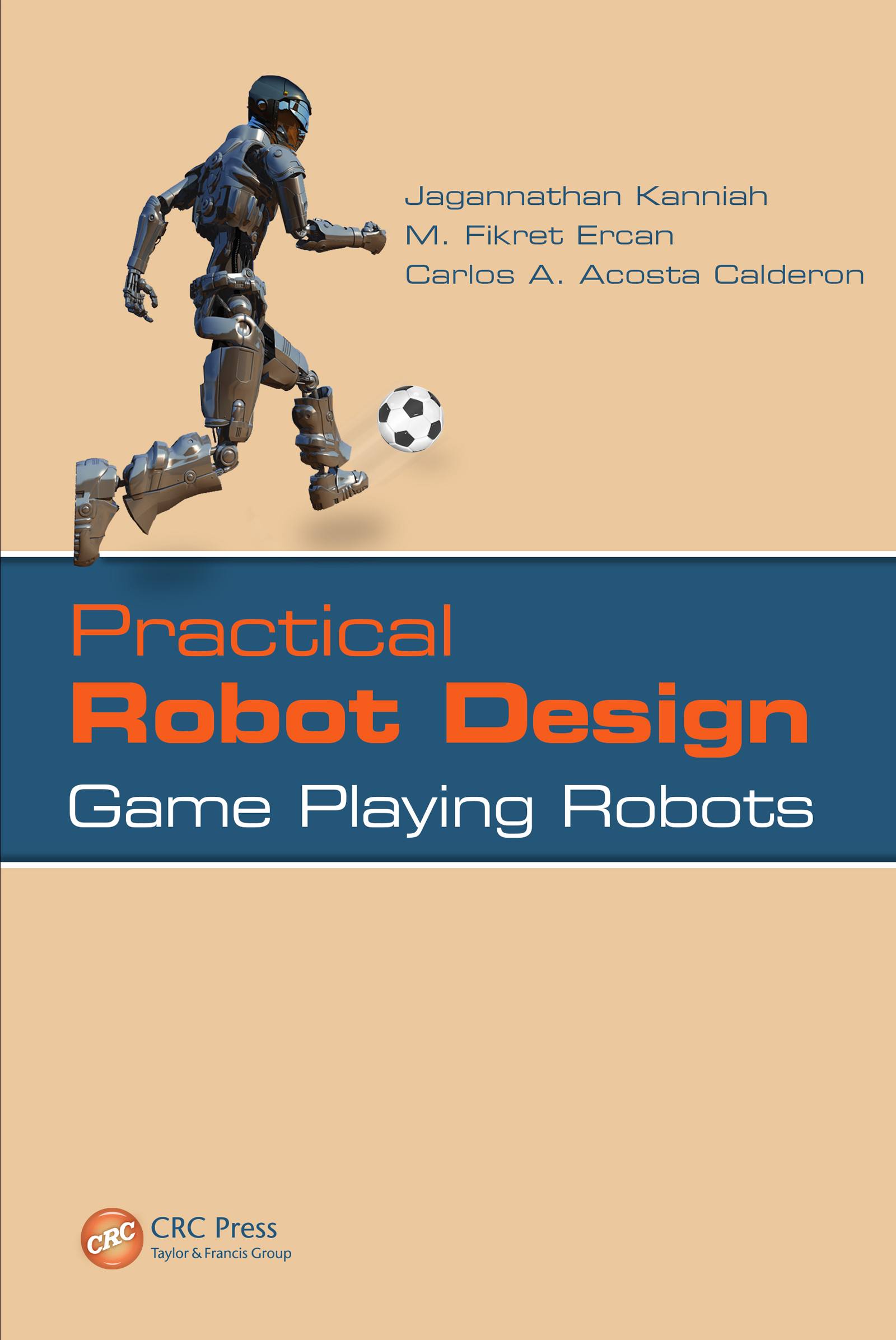CLCTP2
LanguageENG
PublishYear1991
publishCompany
WSPC
EISBN
9789814368155
PISBN
9789810202170
- Product Details
- Contents
Classical optimization methodologies fall short in very large and complex domains. In this book is suggested a different approach to optimization, an approach which is based on the 'blind' and heuristic mechanisms of evolution and population genetics. The genetic approach to optimization introduces a new philosophy to optimization in general, but particularly to engineering. By introducing the ‘genetic’ approach to robot trajectory generation, much can be learned about the adaptive mechanisms of evolution and how these mechanisms can solve real world problems. It is suggested further that optimization at large may benefit greatly from the adaptive optimization exhibited by natural systems when attempting to solve complex optimization problems, and that the determinism of classical optimization models may sometimes be an obstacle in nonlinear systems.This book is unique in that it reports in detail on an application of genetic algorithms to a real world problem, and explains the considerations taken during the development work. Futhermore, it addresses robotics in two new aspects: the optimization of the trajectory specification which has so far been done by human operators and has not received much attention for both automation and optimization, and the introduction of a heuristic strategy to a field predominated by deterministic strategies.
Collected by
- Yale University
- University of Melbourne Library
- Stanford University
- Columbia University Library
- MIT
- UCB











